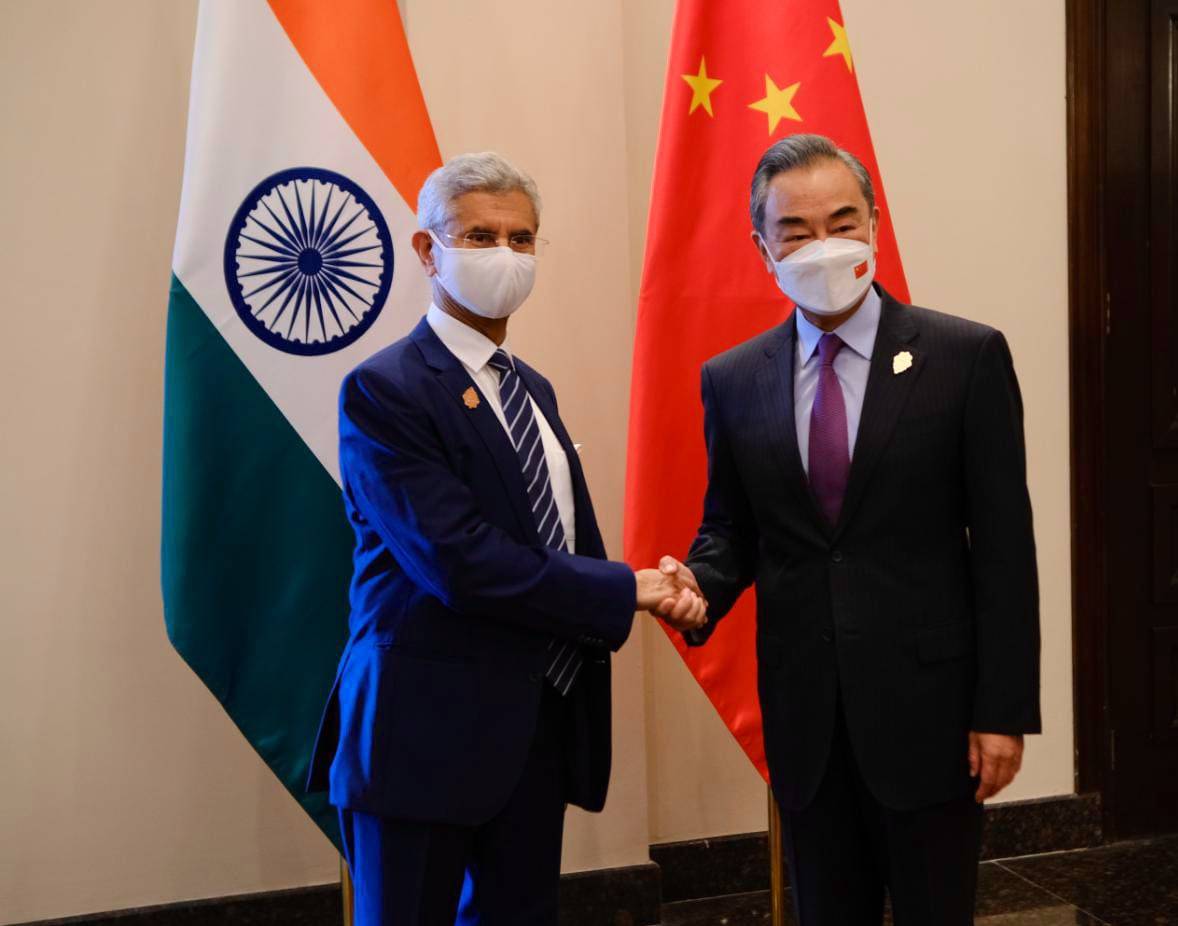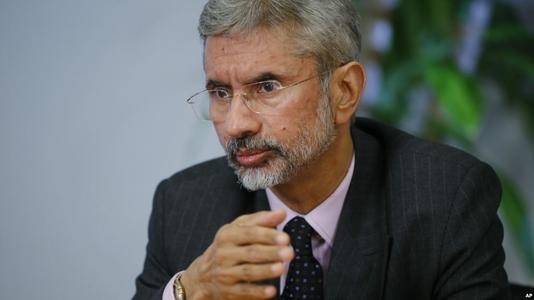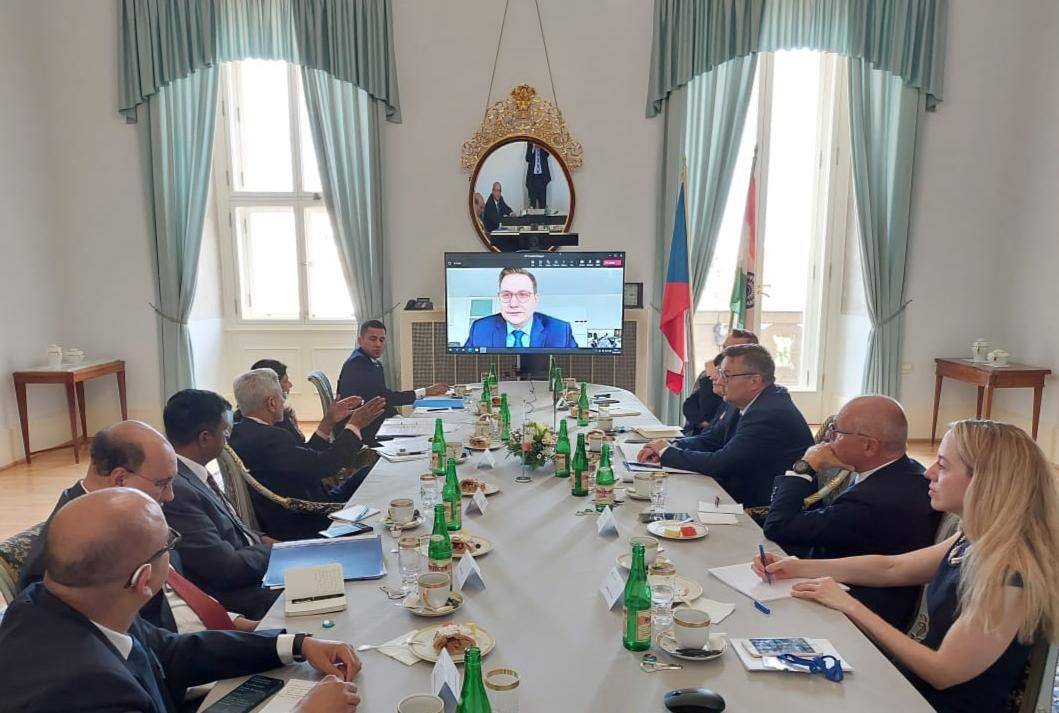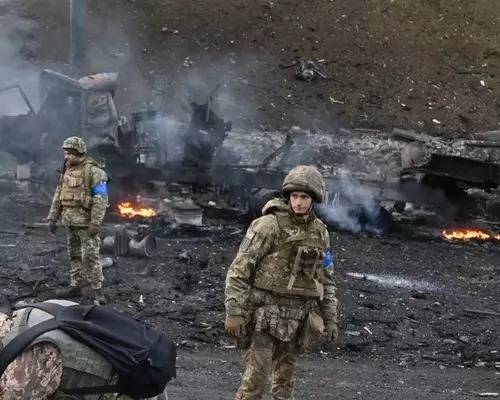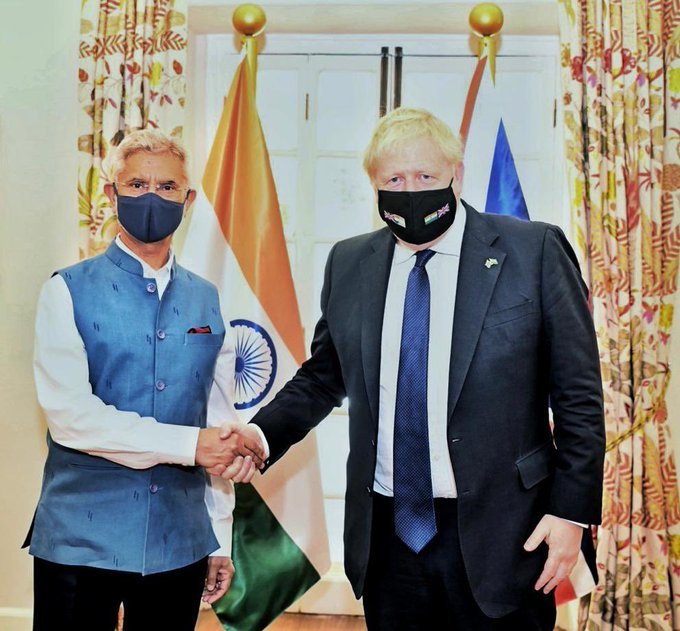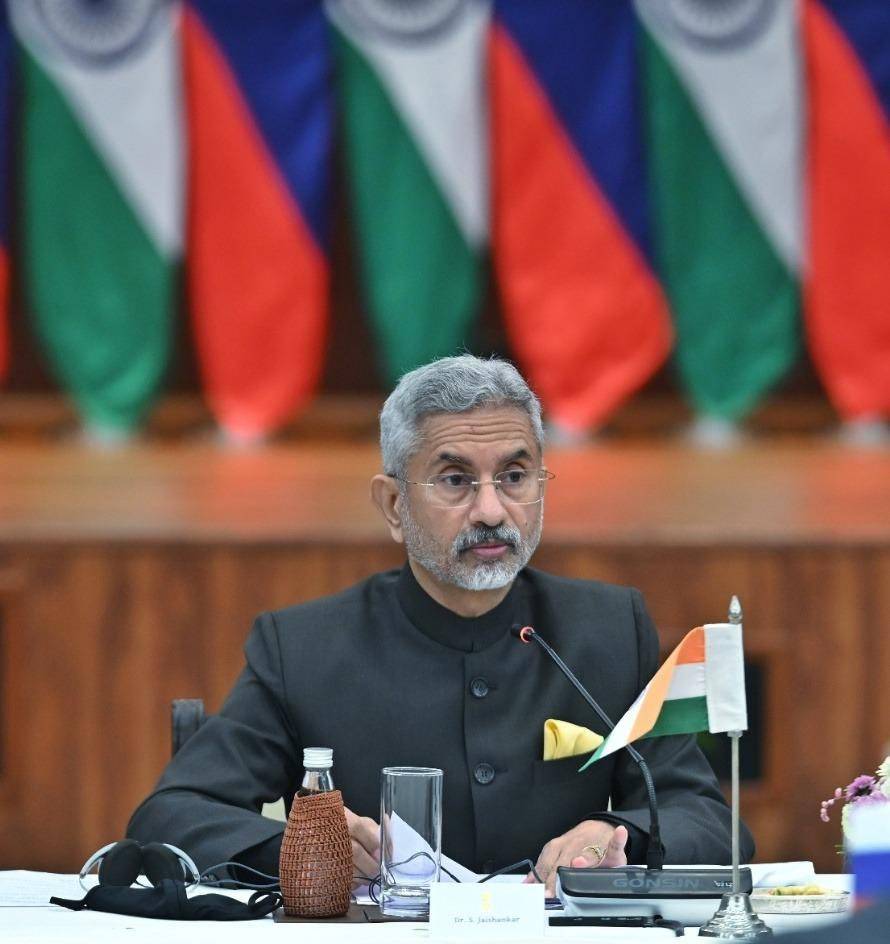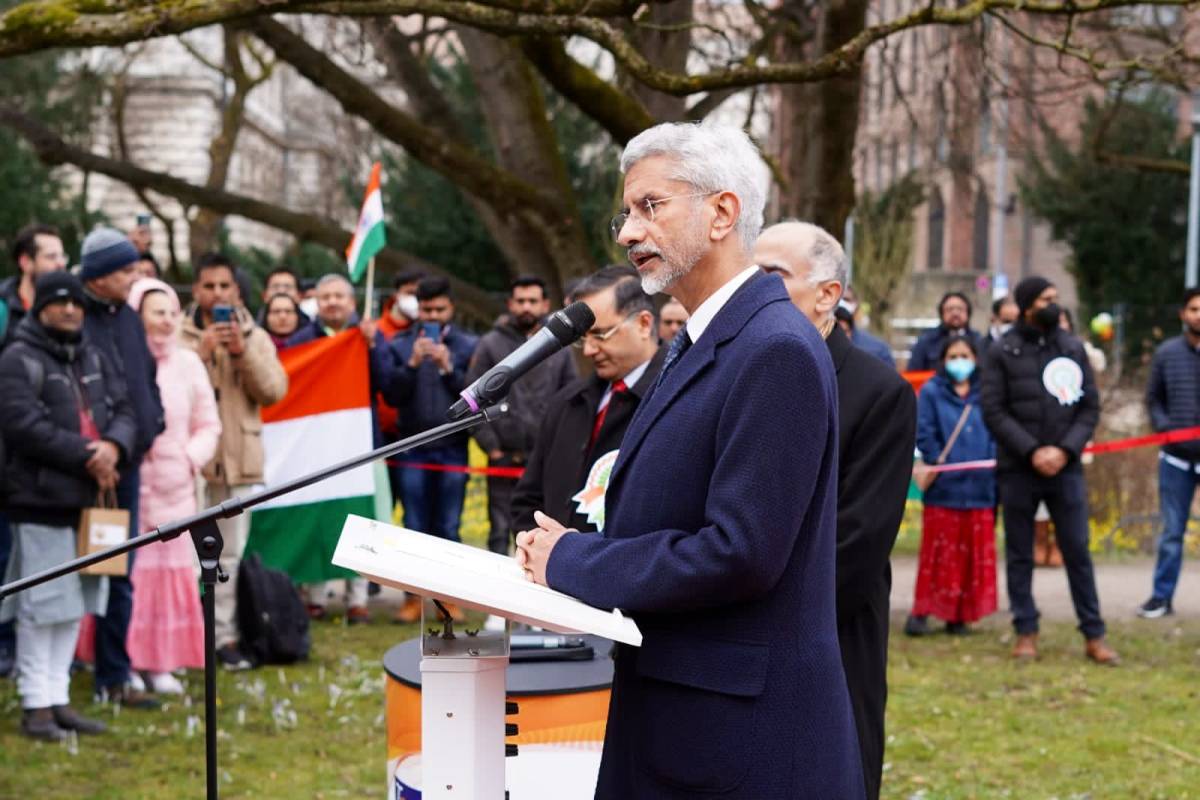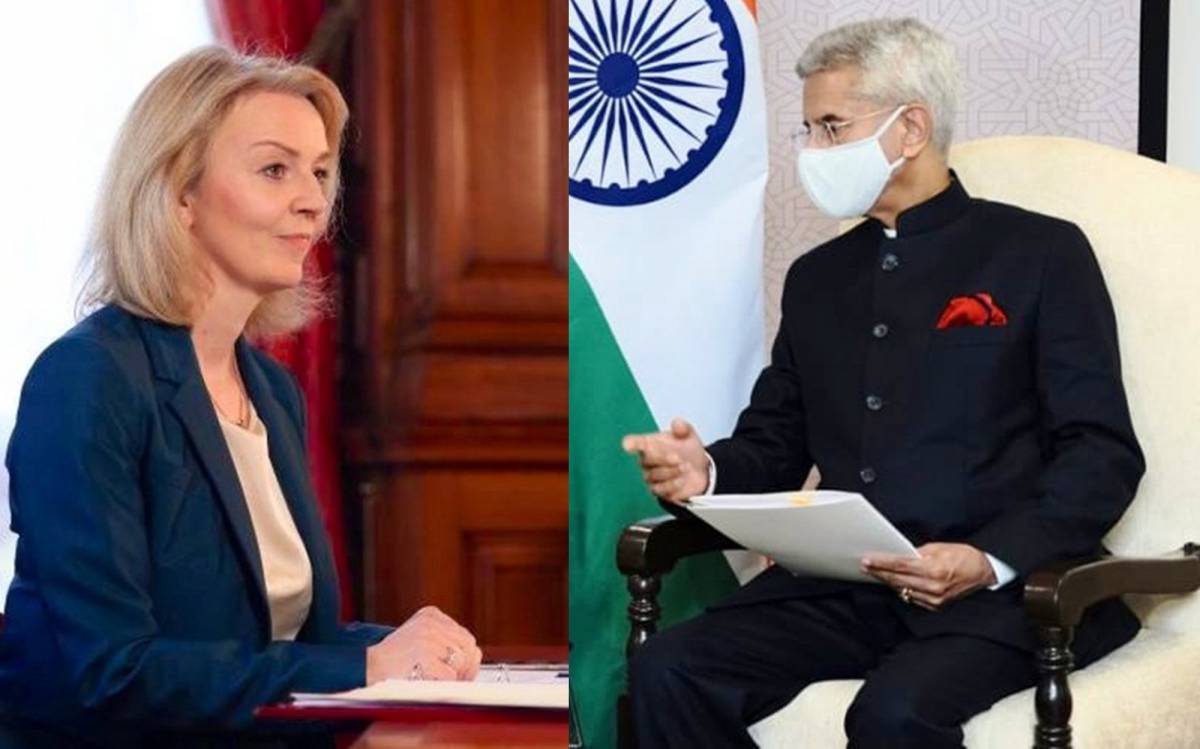EAM Jaishankar’s visit comes at the invitation of Acting Minister of Foreign Affairs of the Republic of Uzbekistan, Vladimir Norov…reports Asian Lite News
External Affairs Minister S Jaishankar will visit Uzbekistan on July 28-29 to take part in the meeting of the SCO Council of Foreign Ministers ahead of the meeting of the Heads of State.
Announcing the visit on Wednesday, the Ministry of External Affairs (MEA) said the meeting will discuss preparations for the upcoming Meeting of the Council of Heads of State on September 15-16 in Samarkand.
“They will review ongoing cooperation in expansion of the SCO Organisation and exchange ideas on regional and global developments of common concern,” the MEA added.
EAM Jaishankar’s visit comes at the invitation of Acting Minister of Foreign Affairs of the Republic of Uzbekistan, Vladimir Norov.
Chinese Foreign Minister Wang Yi will also be attending the meet but there is no official word yet about a bilateral meeting with EAM Jaishankar.
The Chinese Foreign Minister and India’s External Affairs Minister had met on the sidelines of the G20 Foreign Ministers’ meeting at Bali in Indonesia on July 7. In the meeting, EAM Jaishankar called for an early resolution of all the outstanding issues along the LAC in Eastern Ladakh.
It should be noted that the 16th round of negotiations between the military commanders of India and China to resolve the stand-off along the LAC in Eastern Ladakh was held last week.
Jaishankar is likely to meet his Chinese counterpart to review the outcome of the commander-level talks.
The India-China talks, if taking place, would also pave the way for a meeting between Prime Minister Narendra Modi and Chinese President Xi Jinping, as they are expected to attend the SCO summit on September 15 and 16 in Samarkand.
Pakistan Foreign Minister Bilawal Bhutto Zardari will also attend the SCO meeting.
The SCO, or the Shanghai Cooperation Organisation, comprises eight member states – China, India, Kazakhstan, Kyrgyzstan, Russia, Pakistan, Tajikistan and Uzbekistan. There are four Observer States (Afghanistan, Belarus, Iran, and Mongolia) and six “Dialogue Partners” (Armenia, Azerbaijan, Cambodia, Nepal, Sri Lanka and Turkey).
ALSO READ-Jaishankar to convene all-party meeting on SL crisis

